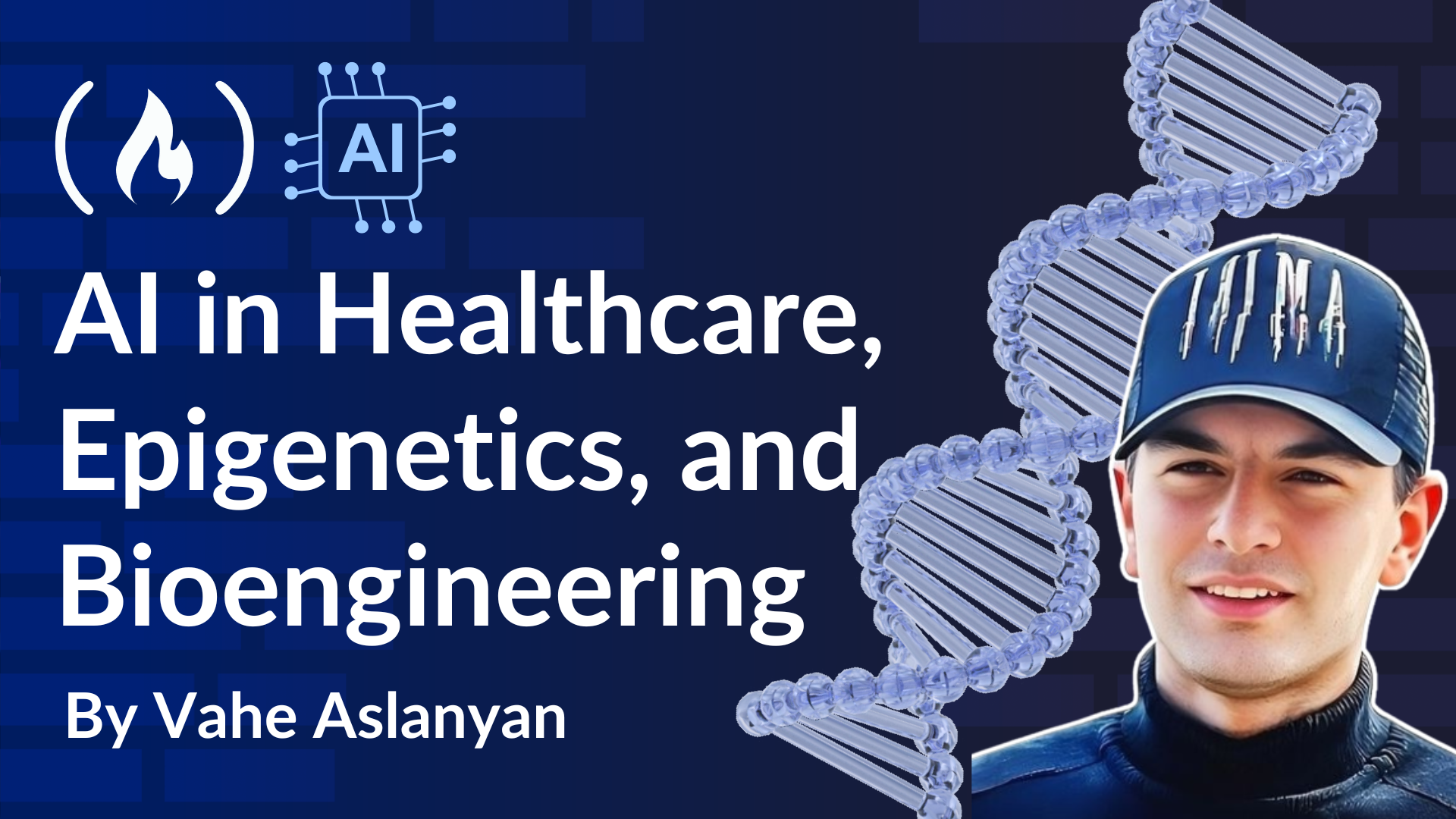
Personalized Medicine
Personalized Medicine 관련
Personalized Medicine's Integration with AI
The integration of genomics, proteomics, and artificial intelligence (AI) is transforming medicine into a highly personalized discipline.
Unlike traditional approaches that treat patients based on generalized protocols, personalized medicine tailors interventions to an individual’s unique genetic makeup and lifestyle factors. This shift towards customization enhances the precision and effectiveness of medical treatments, reducing the trial-and-error approach that has long characterized healthcare.
By leveraging vast amounts of biological and clinical data, personalized medicine enables the identification of specific biomarkers and genetic variations that influence disease risk, treatment response, and overall health outcomes.
This data-driven approach not only improves patient care but also fosters a deeper understanding of the complex interactions between genetics, environment, and behavior. As personalized medicine continues to evolve, it promises to revolutionize healthcare delivery, making it more proactive, preventive, and patient-centric.
Targeted Cancer Therapies in Personalized Medicine
One area where this approach shines is oncology. By sequencing a tumor’s genome, oncologists can identify specific mutations driving cancer growth and select therapies that target those mutations directly. This not only improves efficacy but also minimizes debilitating side effects associated with conventional treatments like chemotherapy.
Targeted therapies, such as tyrosine kinase inhibitors or monoclonal antibodies, are designed to interfere with specific molecular pathways that cancer cells rely on for survival and proliferation.
By precisely attacking the mechanisms that enable cancer cells to thrive, these treatments can effectively shrink tumors and prolong patient survival with fewer adverse effects compared to traditional chemotherapy.
Also, the ability to monitor genetic changes in tumors over time allows for the adaptation of treatment plans in response to evolving cancer dynamics, enhancing the overall effectiveness of cancer care. Personalized oncology represents a paradigm shift in cancer treatment, moving from a one-size-fits-all approach to highly individualized therapeutic strategies.
Pharmacogenomics and Drug Metabolism
But personalized medicine goes beyond cancer care, extending its benefits to a wide range of medical disciplines. The emerging field of pharmacogenomics studies how genetic variations influence drug metabolism, efficacy, and toxicity. For instance, some individuals metabolize certain painkillers too quickly, rendering them ineffective, while others metabolize them too slowly, increasing the risk of overdose.
Understanding these variations allows physicians to prescribe medications—and dosages—optimized for each patient’s genetic profile, enhancing therapeutic outcomes and minimizing adverse reactions. This level of customization not only improves patient safety but also increases the likelihood of successful treatment, reducing the need for multiple medication trials and adjustments.
As pharmacogenomic testing becomes more accessible and integrated into routine healthcare, it holds the potential to significantly enhance the precision and personalization of medical treatments across various conditions.
Wearable Biosensors and Real-Time Health Monitoring
Wearable biosensors further enhance personalization by enabling real-time health monitoring. Devices capable of analyzing biomarkers such as glucose levels or cardiac rhythms continuously provide actionable insights that empower patients to take proactive steps in managing their health. These sensors collect vast amounts of data, which, when analyzed by AI algorithms, can predict disease risks based on historical and real-time information.
For example, wearable devices can detect irregular heartbeats that may indicate atrial fibrillation, prompting early medical intervention to prevent strokes. Similarly, continuous glucose monitors help diabetic patients maintain optimal blood sugar levels, reducing the risk of complications. The integration of wearable biosensors into daily life transforms healthcare from a reactive to a preventive model, allowing for timely interventions and more effective management of chronic conditions.
Ensuring Equitable Access to Personalized Medicine
The challenge lies in democratizing access to personalized medicine technologies to ensure that their benefits are equitably distributed. Without equitable distribution mechanisms, there is a risk that these advancements will widen existing healthcare disparities rather than bridge them.
Factors such as socioeconomic status, geographic location, and access to healthcare infrastructure can influence who benefits from personalized medicine, potentially exacerbating inequalities in health outcomes.
To address this, policies and initiatives must focus on making personalized medicine accessible and affordable for all populations, regardless of their background or circumstances. This includes investing in healthcare infrastructure, providing education and training for healthcare professionals, and implementing regulatory frameworks that support the widespread adoption of personalized therapies.
Ensuring equitable access to personalized medicine is essential for maximizing its societal benefits and fostering a more inclusive and effective healthcare system.
